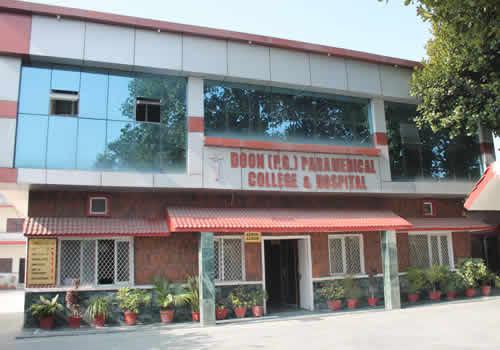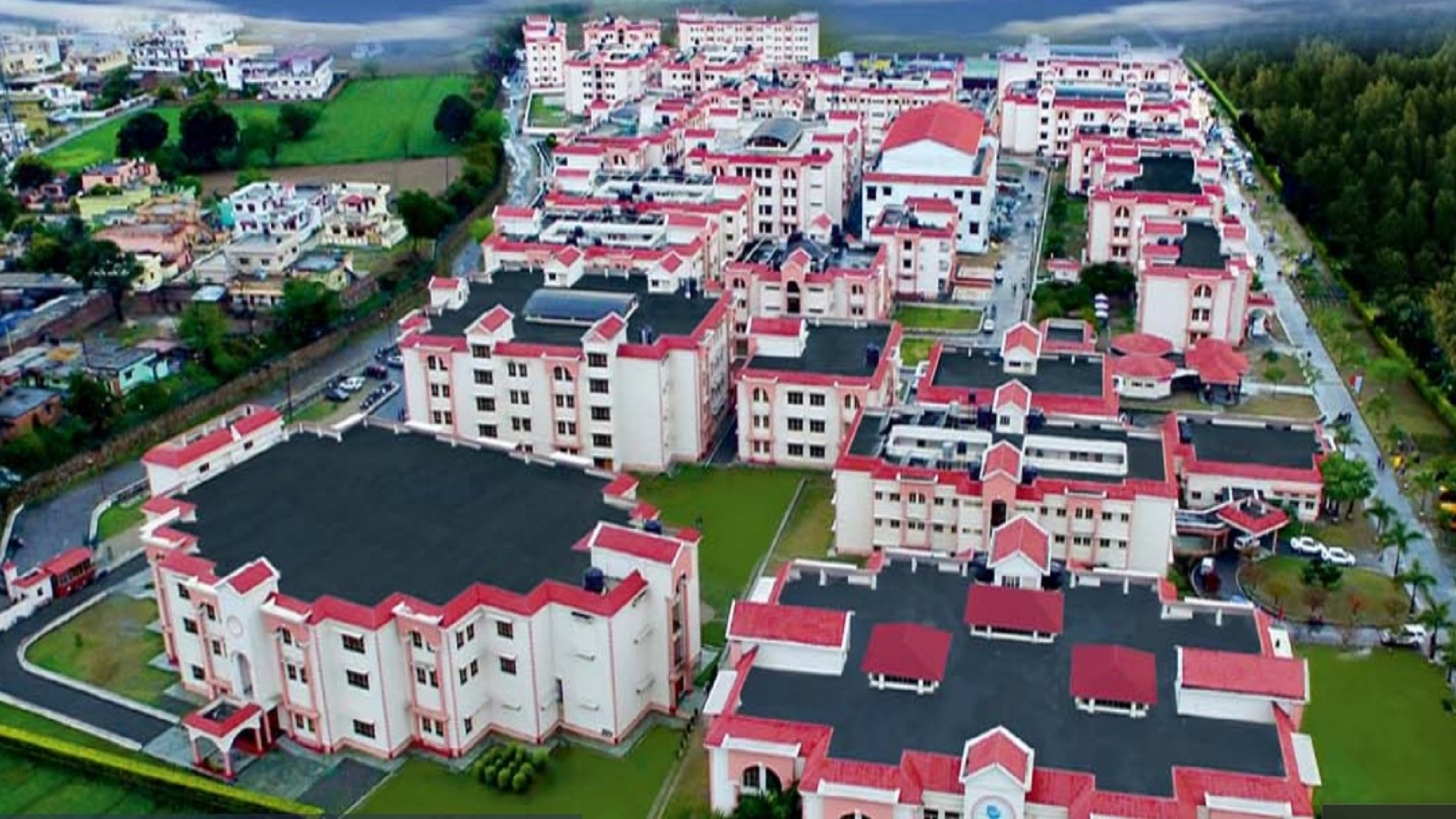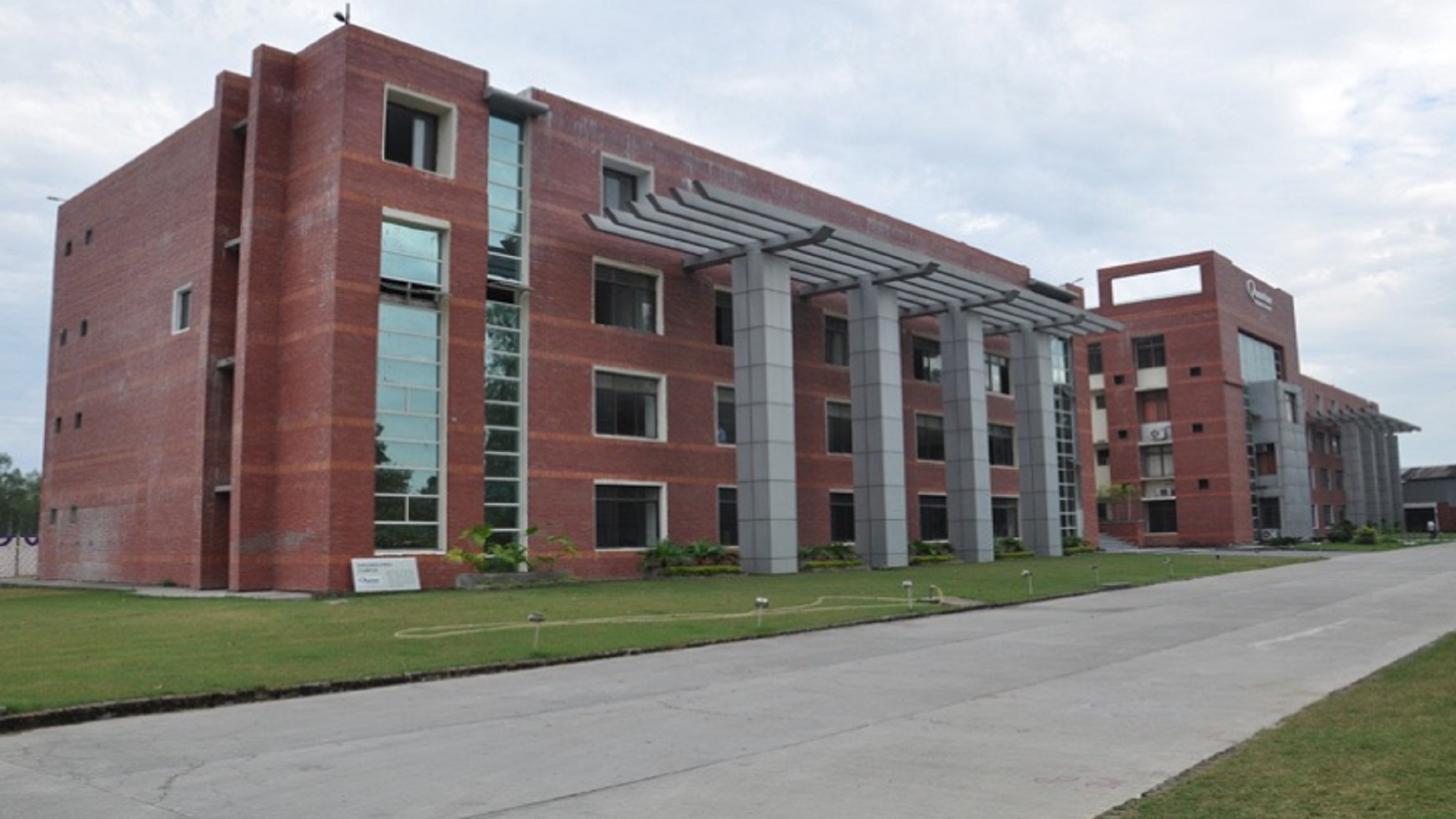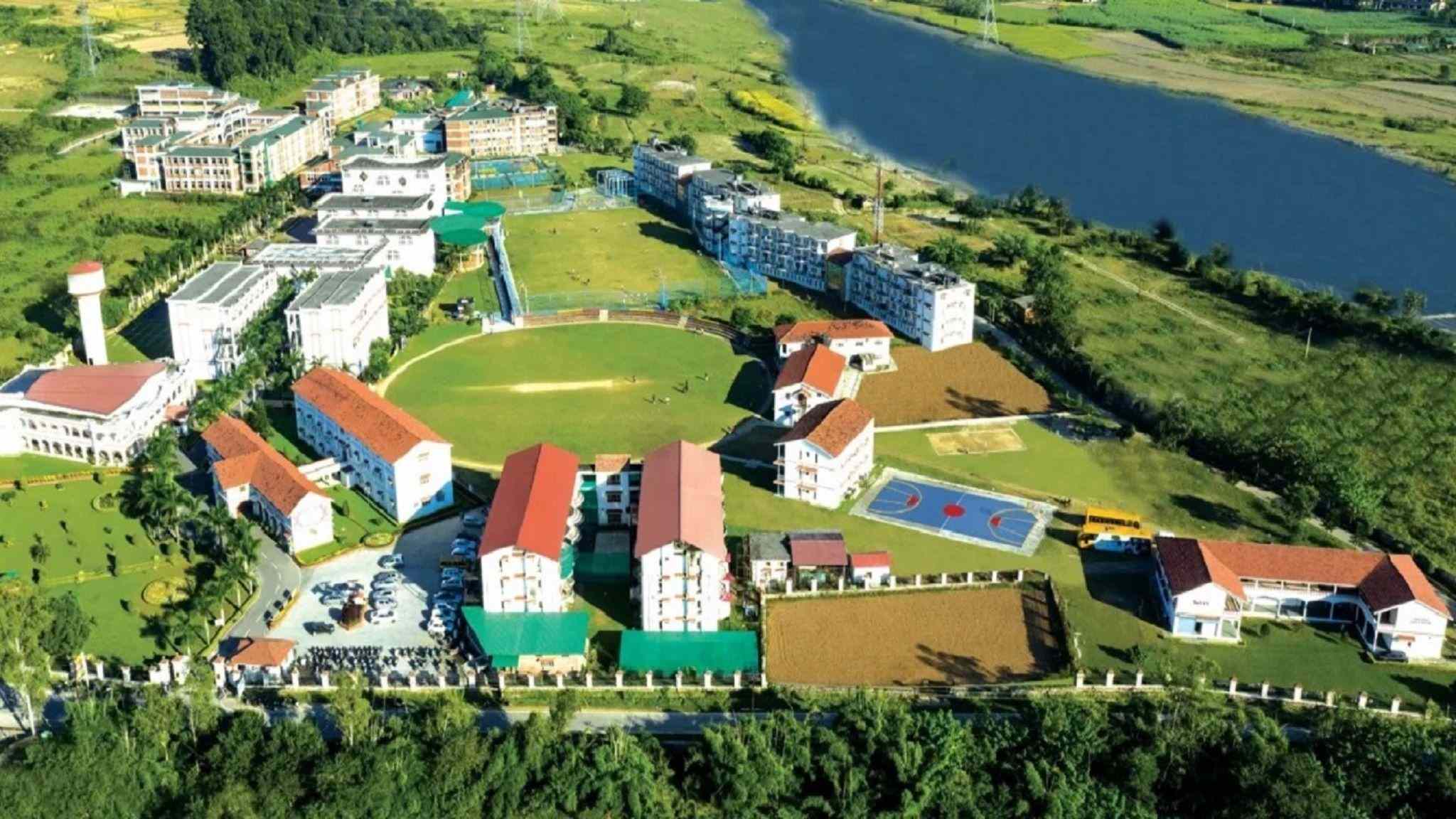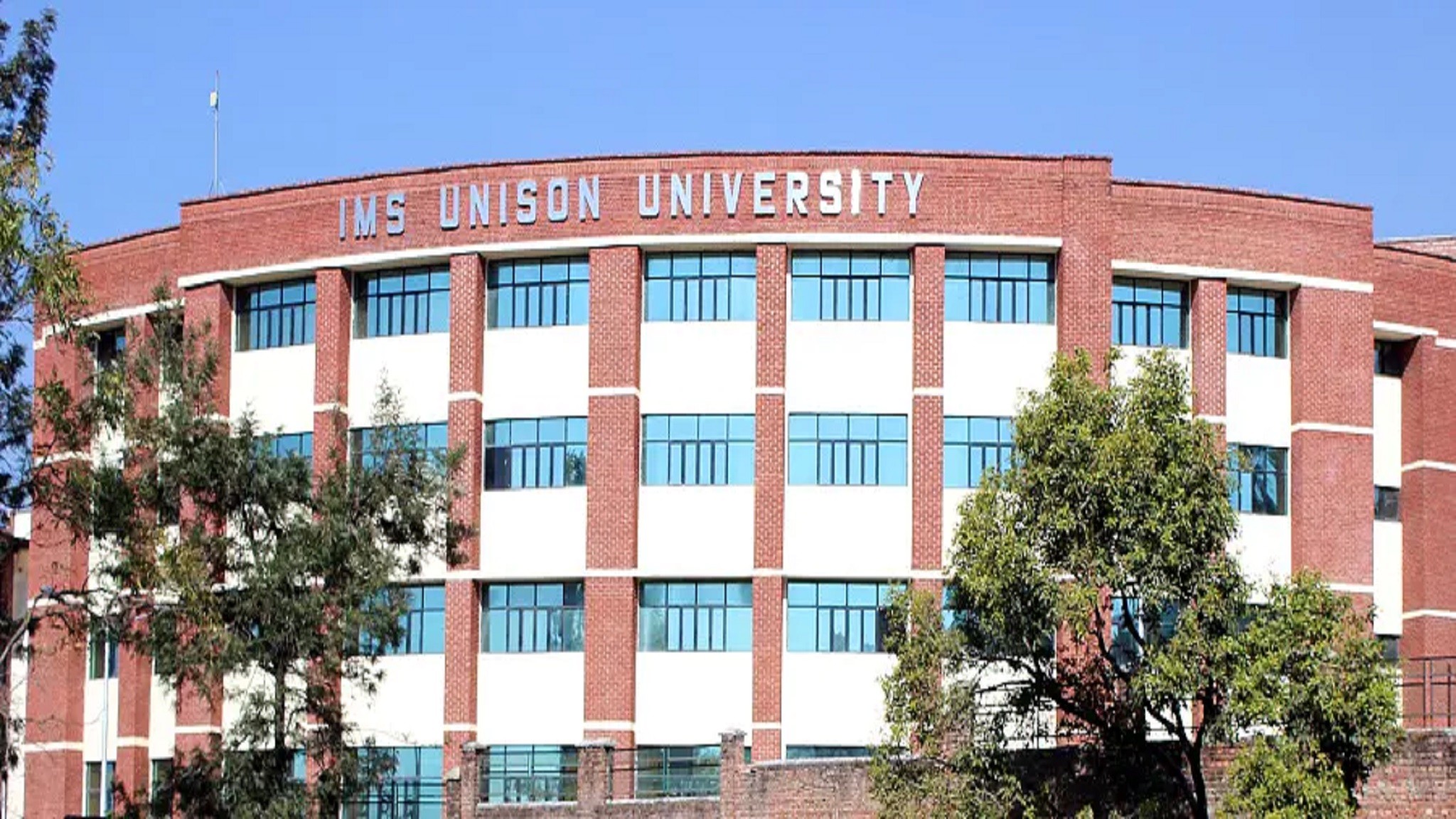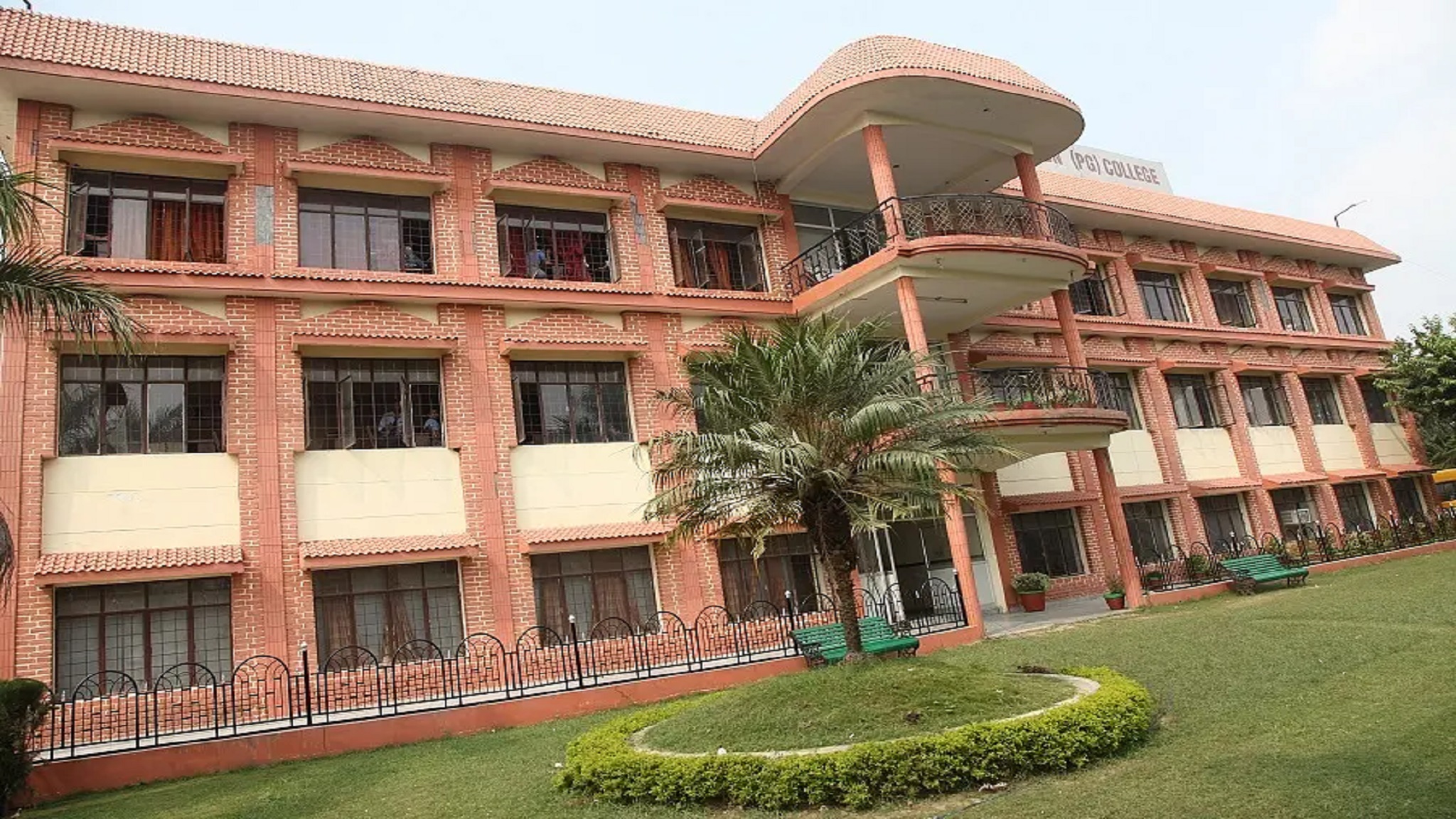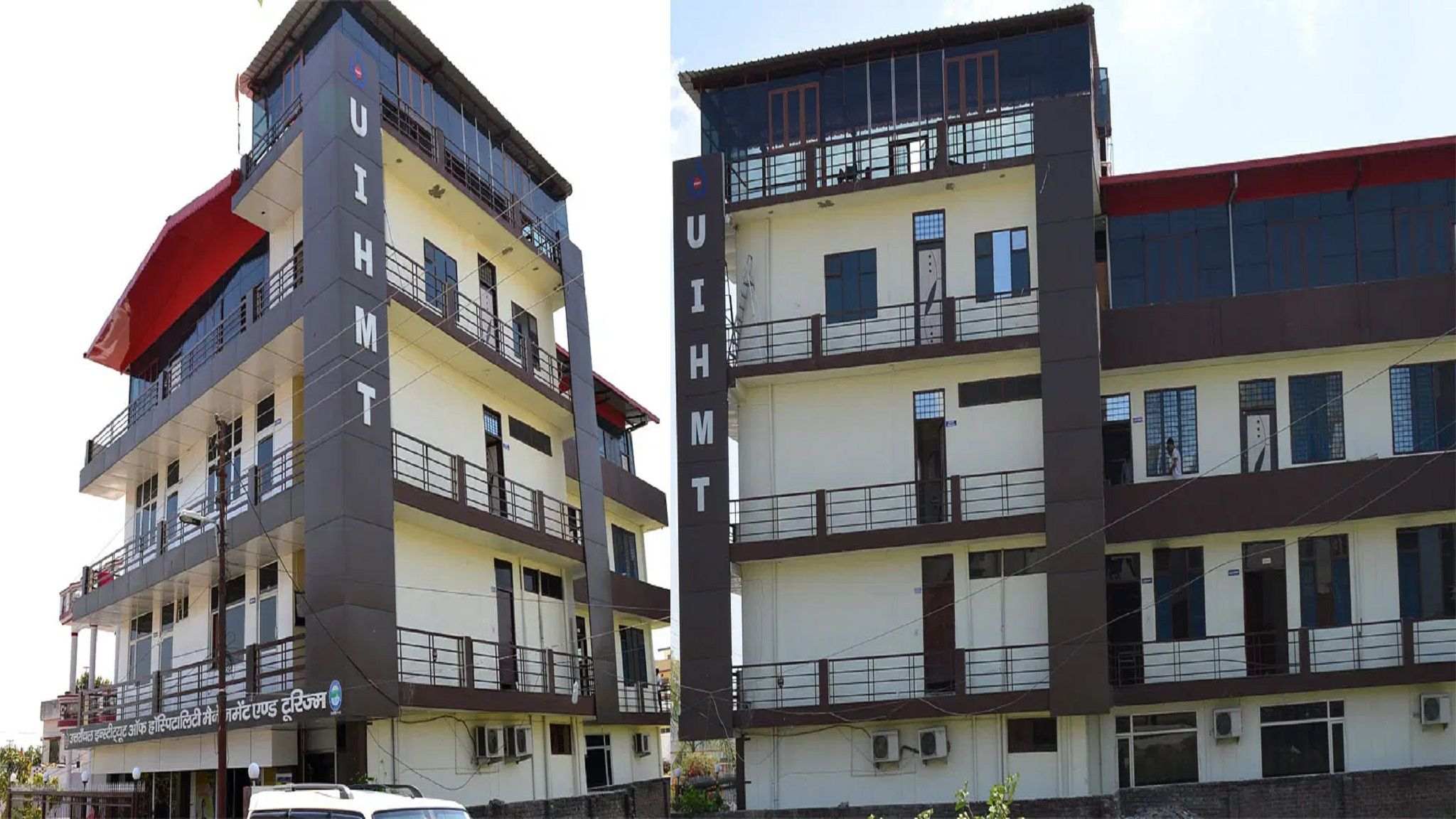Top BA Mass communication colleges in Dehradun 2025
If you are interested in pursuing BA Mass Communication in Dehradun in 2024, then Collegeforum is your guide to finding the top BA Mass Communication colleges in Dehradun, offering insights into course specifics, admission procedures, fee structures, eligibility criteria, and the overall scope of the program. Explore our platform for a complete understanding of BA Mass Communication in Dehradun.

Request For Call Back
About BA Mass communication
A Bachelor of Arts in Mass Communication is an undergraduate program that focuses on mass media, communication theories, and society’s role. It covers core subjects like media studies, communication theories, journalism, public relations, writing and editing, media production, research and analysis, digital media and technology, internships, practical experience, career opportunities, ethics and social responsibility, and media law and regulations. Graduates can pursue careers in journalism, broadcasting, advertising, public relations, and digital media. The program also emphasizes ethical considerations and the responsibility of media professionals towards society.
Why choose BA Mass communication as your career?
1-Diverse Career Opportunities:
A BA in mass communication opens doors to a wide range of career options. Graduates can pursue roles in journalism, broadcasting, advertising, public relations, digital media, and more. This diversity allows individuals to explore and specialize in areas that align with their interests and skills.
2: Impactful Communication Skills:
The program emphasizes the development of strong communication skills, including writing, editing, and verbal communication. These skills are valuable in virtually every profession and contribute to effective expression and persuasion.
3: Adaptability in the Digital Age:
Mass communication programs often incorporate training in digital media and technology. This equips graduates with the skills needed to navigate the rapidly changing landscape of media in the digital age, making them adaptable and relevant in the job market.
4: Media Literacy and Critical Thinking:
The program encourages the development of media literacy and critical thinking skills. Graduates are equipped to analyze and interpret media messages, fostering a deeper understanding of the role media plays in shaping public opinion and societal norms.
5: Creativity and Innovation:
Mass communication encourages creativity in content creation and storytelling. Whether in journalism, advertising, or digital media, professionals in this field have the opportunity to innovate and create impactful messages that resonate with diverse audiences.
6: Contribution to Society:
Media professionals play a crucial role in informing and influencing society. A career in mass communication allows individuals to contribute to the public discourse, raise awareness about important issues, and advocate for positive change.
7-Global Perspective:
With the global reach of media, professionals in mass communication gain exposure to diverse cultures and perspectives. This global outlook is beneficial for understanding and engaging with an interconnected world.
8-Continuous Learning:
The field of mass communication is dynamic, requiring professionals to stay updated on the latest trends, technologies, and communication strategies. This continuous learning aspect can be intellectually stimulating and appealing to those who enjoy staying informed and evolving with the industry.
9-Networking Opportunities:
Engaging with industry professionals, participating in internships, and networking events are integral parts of mass communication programs. These experiences help build a professional network, providing valuable connections for future career opportunities.
Top 10 BA Mass communication colleges in Dehradun
1-Doon group of colleges
Doon Group of Colleges is known for its quality education and offers BA Mass Communication. The curriculum is designed to provide students with a strong foundation in media studies.
2-Graphic Era University:
Graphic Era University is a well-established institution that offers a BA in journalism and mass communication. The university is known for its modern infrastructure and experienced faculty.
3-Himalayan Institute of Technology:
The Himalayan Institute of Technology provides a BA program in mass communication. The college focuses on practical exposure and industry-oriented training.
4-DIT University:
DIT University offers a BA in journalism and mass communication. The university is known for its academic excellence and has collaborations with industry partners.
5-Tula’s Institute:
Tula’s Institute offers a BA in journalism and mass communication. The college emphasizes hands-on experience and industry-relevant skills.
6-Dev Bhoomi Group of Institutions:
Dev Bhoomi Group of Institutions provides a BA in Mass Communication. The college aims to groom students into skilled media professionals.
7-Uttaranchal University:
Uttaranchal University offers a BA in journalism and mass communication. The university focuses on a holistic approach to education with a blend of theory and practical learning.
8-Himgiri Zee University:
Himgiri Zee University provides a BA program in mass communication. The university places a strong emphasis on industry exposure and skill development.
9-Shivalik College of Engineering:
Shivalik College of Engineering offers a BA in mass communication. The college aims to prepare students for diverse careers in media and communication.
10-BFIT Group of Institutions:
BFIT Group of Institutions provides a BA program in mass communication. The college focuses on a comprehensive curriculum that covers various aspects of media studies.
FAQ
- What is BA Mass communication?
BA Mass communication is the process of creating, sending, receiving, and interpreting messages to a large audience through various media channels. It includes journalism, advertising, public relations, and broadcasting.
2: What does a BA Mass Communication cover
A BA in Mass Communication typically covers a broad range of subjects, including journalism, media ethics, communication theory, public relations, advertising, digital media, and media law.
3: What career opportunities are available with a BA Mass Communication?
Graduates with a BA in Mass Communication can pursue careers in journalism, broadcasting, advertising, public relations, social media management, content creation, and digital marketing.
- Is it necessary to specialize in a specific area within ba mass communication?
Specializing in a particular area within mass communication can enhance career prospects. Common specializations include journalism, public relations, advertising, and digital media.
5: Are internships a part of the program?
Many BA in Mass Communication programs include internships as part of the curriculum. Internships provide hands-on experience and networking opportunities in the industry.
6: What skills will I develop during the program?
Students typically develop skills in writing, critical thinking, communication, research, multimedia production, and understanding media ethics and laws.
7: Is it necessary to have strong writing skills for mass communication?
Yes, strong writing skills are crucial in mass communication. Whether it’s crafting news articles, press releases, advertising copy, or social media content, effective communication is a key skill.
8: What role does technology play in mass communication?
Technology is integral to mass communication. Students learn to use various tools and platforms for content creation, editing, broadcasting, and digital communication.
9: Can I pursue higher education after completing a BA in Mass Communication?
Yes, many students choose to pursue a Master’s degree or other advanced certifications to specialize further or enhance their career prospects.
10: How has the field of mass communication evolved with the rise of digital media?
The advent of digital media has transformed mass communication. There is a greater emphasis on online journalism, social media marketing, and digital storytelling. Students learn to navigate and utilize these evolving platforms.
BA Mass Communication Syllabus
Semester 1:
- Introduction to Mass Communication
- Fundamentals of Journalism
- Communication Theories
- Introduction to Media Studies
- Writing skills for media
- An Introduction to Photography
- Computer applications in media
Semester 2:
- Print Journalism
- Media ethics and laws
- Basics of Audio-Visual Production
- Introduction to Advertising
- Reporting and editing
- Media Research Methods
- An Introduction to Public Relations
Semester 3:
- Feature Writing
- Radio Journalism
- Television Production
- Advertising Principles
- Media and Society
- Editing for print and digital media
- Corporate Communication
Semester 4:
- Online Journalism
- Documentary Filmmaking
- Media planning and buying
- Graphic Design for Media
- Media Economics and Management
- Communication Skills
- Digital Marketing
Semester 5:
- Advanced Television Production
- Advanced Advertising
- Media Criticism
- Multimedia Journalism
- Social media management
- Media and Cultural Studies
- Internship (media organization)
Semester 6:
- Media Campaigns
- Media Entrepreneurship
- Advanced Public Relations
- Media Convergence
- Global Media Scenario
- Dissertation/Research Project
Scope after BA Mass communication
- Journalism: You can pursue a career as a journalist, working for newspapers, magazines, online publications, or broadcast media. Roles may include reporter, correspondent, editor, or news anchor.
- Broadcasting: Explore opportunities in radio and television broadcasting, including roles such as radio jockey (RJ), television host, producer, or scriptwriter.
- Public Relations (PR): Work in the PR industry, handling communication between an organization and its public. This could involve creating press releases, managing social media accounts, and organizing events to promote a positive image.
- Advertising: Enter the advertising industry as a copywriter, art director, or account executive. You could be involved in creating ad campaigns, designing content, or managing client relationships.
- Digital Media: With the rise of digital platforms, there are opportunities in online journalism, content creation, social media management, and digital marketing.
- Corporate Communication: Many companies require professionals to manage their internal and external communication. Jobs in corporate communication involve crafting messages, managing crisis communication, and maintaining a positive corporate image.
- Content Creation: Explore opportunities in content creation for various platforms, including blogging, vlogging, and podcasting. Content creators often work independently or with media organizations to produce engaging content.
- Media Research and Analysis: Work in media research firms or market research agencies, analyzing trends, audience behavior, and the impact of media campaigns.
- Event Management: Plan and organize events, conferences, and promotional activities for companies, government agencies, or non-profit organizations.
- Teaching and Academia: Pursue higher education and enter the field of teaching or research in mass communication and related subjects.
- Film and Entertainment Industry: If you have an interest in film and entertainment, you can explore careers in scriptwriting, direction, production, or film criticism.
- Government Communication: Work in government organizations, handling communication strategies, public outreach programs, and media relations.
Eligibility Criteria for BA Mass Communication
- The candidate must have completed 12th grade or an equivalent from a recognized board in any stream (science, commerce, or arts).
- The candidate must have achieved a minimum aggregate of 50% in the qualifying examination.
